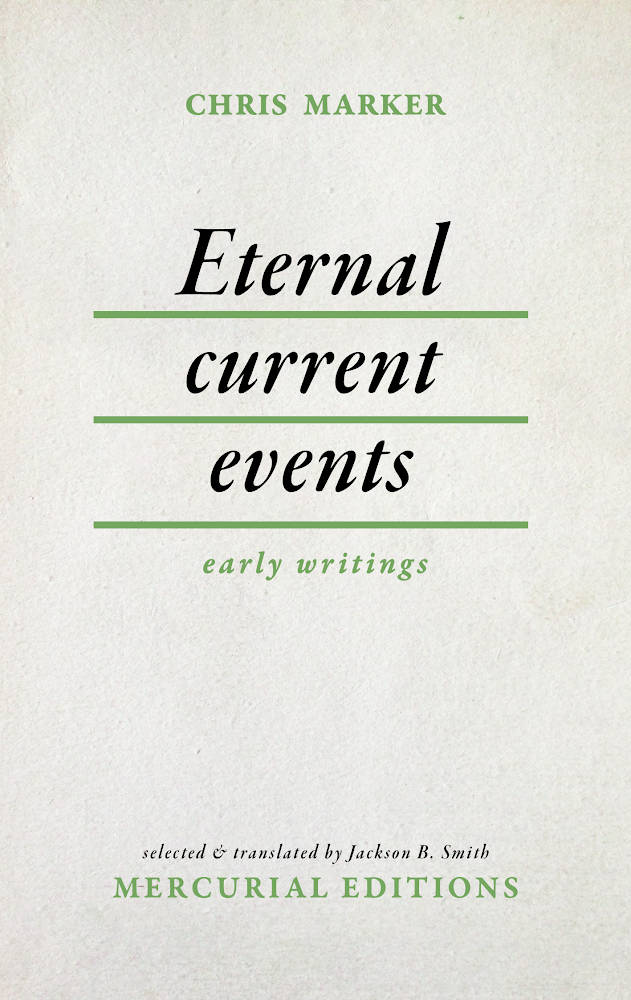
De quelques événements sans signification à reconstituer
This book presents Léa Morin's research into the first, long forgotten film by Moroccan filmmaker Mostafa Derkaoui, About Some Meaningless Events (1974), which led to its recent restoration and international distribution. Far from being confined to a cinematographic history, this "book-archive, book-inquiry, book-action" sketches out, from the multiple paths opened up by the film, a constellation of micro-histories on the cultural, artistic and political Morocco/Casablanca of the 1970s.
The book includes a DVD with the film.
Mostafa Derkaoui is a filmmaker and pioneer of modern Moroccan cinema, born in 1944 in Oujda, Morocco. He graduated from the Lódź Cinema School and lives in Casablanca.
Since returning to Morocco in 1972, he has continued the explorations he began in the student films he made in Poland, for a free and socially-engaged cinema that could contribute to both decolonial thought and the search for a Moroccan cinematic identity, and which would also encourage formal innovation and radicality.His avant-gardist vision was to come up against the official and repressive one of the 1970s Moroccan state (and of the remaining colonial institutions). His first film, De quelques événements sans signification [About Some Meaningless Events, 1974], made with a collective of Casablancan artists and intellectuals, was banned. It was later restored by the Filmoteca de Catalunya and L'Observatoire Art et Recherche in 2019.
Edited by Léa Morin.
Preface by Mostafa Derkaoui.
Texts by Ahmed Boughaba, Nadir Bouhmouch, Tarek Elhaik, Ali Essafi, Filmoteca de Catalunya (Rosa Cardona, Mariona Bruzzo et Esteve Riambau), Mohamed Jibril, Toni Maraini, Léa Morin, Mostafa Nissabouri, Marie Pierre-Bouthier, Noureddine Saïl, Rasha Salti et Monika Talarczyk.




